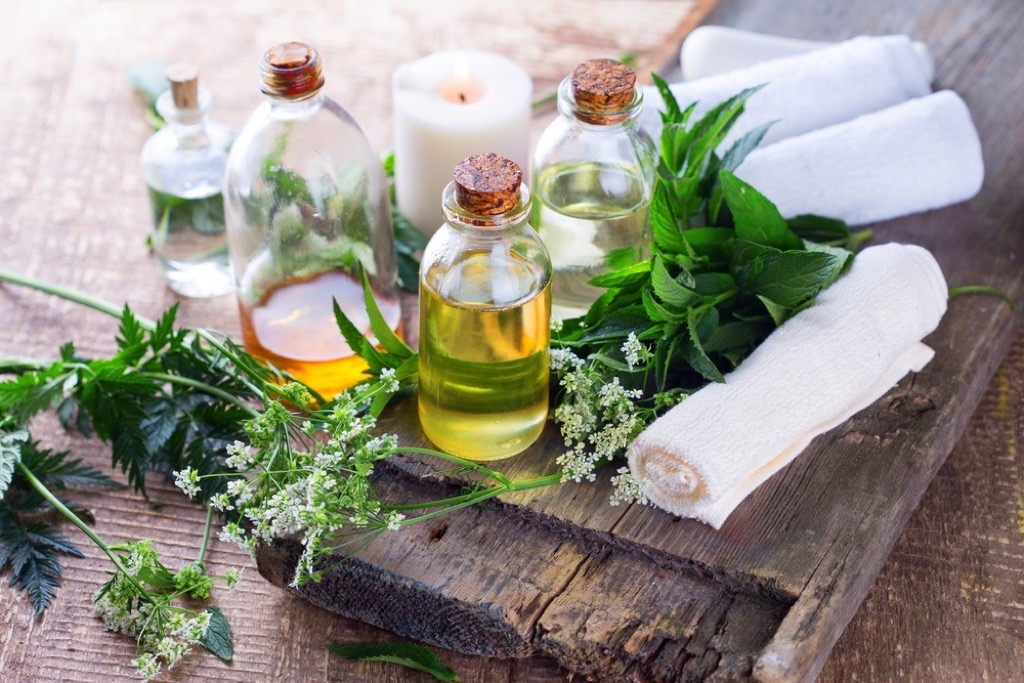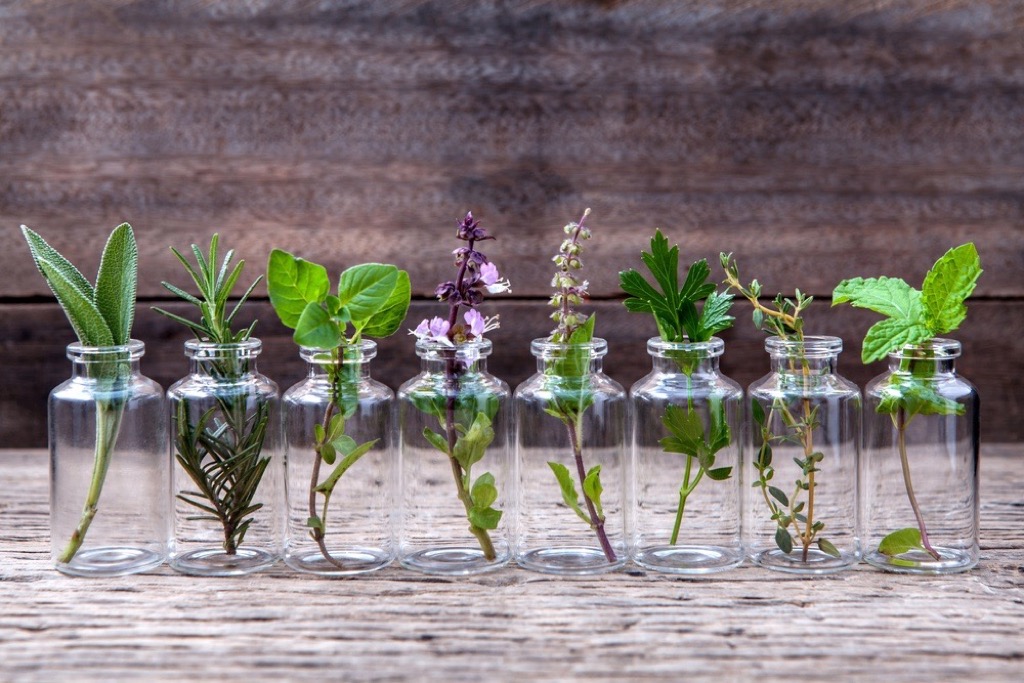Natural therapies abound in Hong Kong, but they all offer different approaches and benefits. We sat down with one of the city’s most popular homeopaths, Dr Sonal Hattangdi-Haridas of Maya Health Institute, to learn more about the 200-year-old practice of homeopathy.

What is homeopathy and how do you implement it in your practice? Homeopathy is a natural alternative therapy, which promotes the body to heal from within. Homeopathic remedies are safe, non-toxic, ultra-high dilutions made from natural substances. These gentle medicines, when prescribed by an experienced and medically trained professional, can allay a host of discomforts – from reflux and morning sickness to nasal allergies and eczema – and can reduce the need for chemical interference in the body. Homeopathic treatment has a double advantage: firstly, the body’s immune system is strengthened from within, hence protecting it from recurrent attacks; and secondly, the reduced need for antibiotics means a reduced chance of antibiotic resistance. At Maya Health Institute we source our homeopathic medicines from reliable sources in the UK, Europe, Australia and the US.
Can homeopathy be used during pregnancy? Yes, appropriate homeopathy encourages a healthy pregnancy and normal labour, while remedies such as Arnica and Hypericum pre- and post-caesarean can support quick recovery. Early recovery from childbirth and maintaining good breast health through homeopathy eases the mother into breastfeeding her baby. Encouraging and maintaining the milk supply in infancy translates to long-term gains for the child.

What does a standard consultation involve? The first consultation involves a 40-minute comprehensive enquiry regarding different aspects of the main complaint. Homeopathy treats the complete picture, so the client’s medical history and family medical history are considered. Eating habits, chemical and allergen exposure, sleep habits, bowel habits, emotional state and skin health are all essential in forming the complete picture of a person’s state of health. Follow up consultations of 20 minutes each are scheduled weekly, fortnightly and later monthly or bimonthly depending on the situation. Prescriptions are given based on the unique symptomatology of the person, hence they are individualised according to each person’s response to the disease. For example, two people with an eye allergy may have different symptoms – for one, the eyes may itch; for the other, they may water. Testing and supplements are suggested only if needed. I respect the role of conventional medicine, and all my clients have their GP, paediatrician or other specialist supporting them when needed. Homeopathic remedies do not interfere with other medicines. Once they’re better, I enjoy telling my patients to only return when they’re unwell. I believe true healing is about not creating a dependency on any medication or professional.
Who would you recommend homeopathy to? Homeopathy helps people of all ages. Homeopathic nutritional treatment supports growing infants, children and adults, and it’s ideal for babies and expectant mothers. However, surgical conditions and deep pathology lie outside the scope of homeopathy. Hence, it’s best to seek help from an experienced, medically trained homeopath who knows the difference.
20/F, Thyrse House, 16 Pottinger Street, Central
3568 3135 | mayahealthinstitute.com
This article first appeared in the Feb/Mar edition of Expat Living magazine. Subscribe now so you never miss an issue.
Want to read more about wellness?





